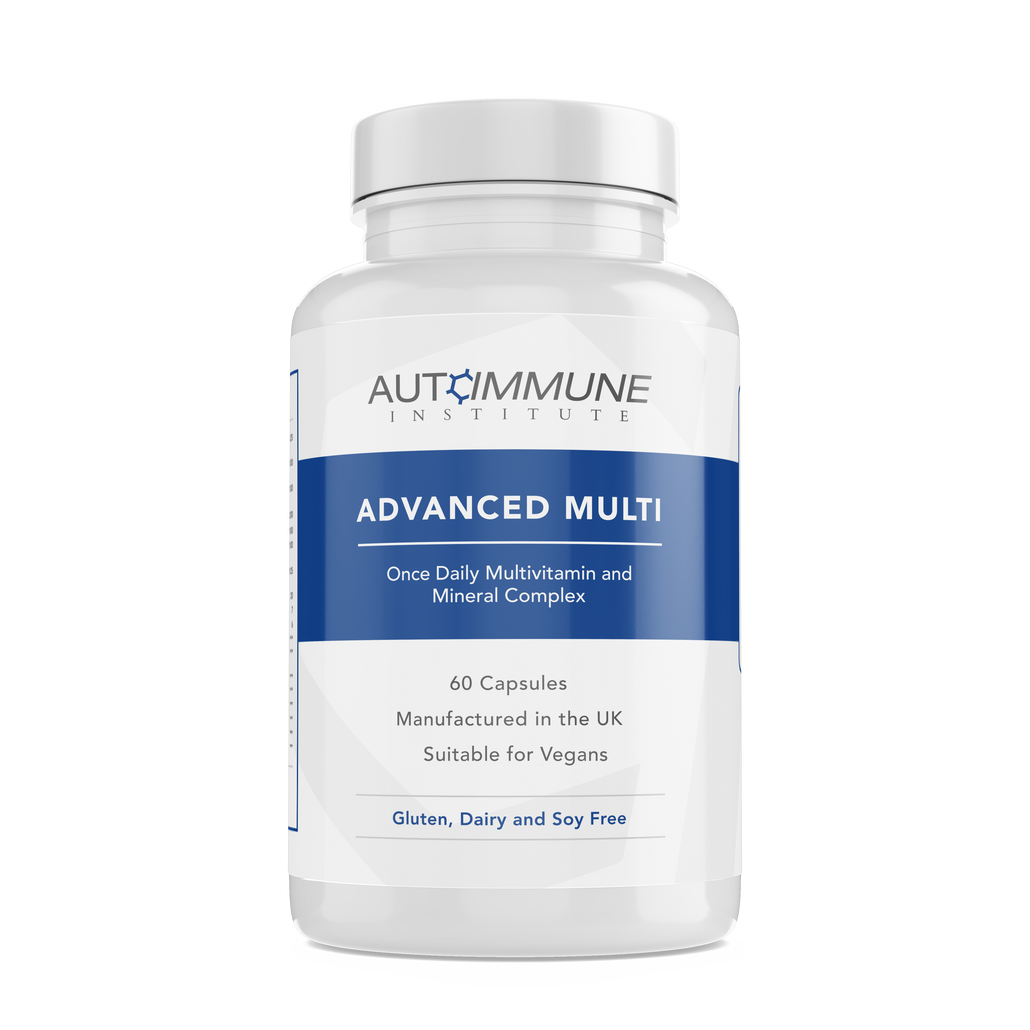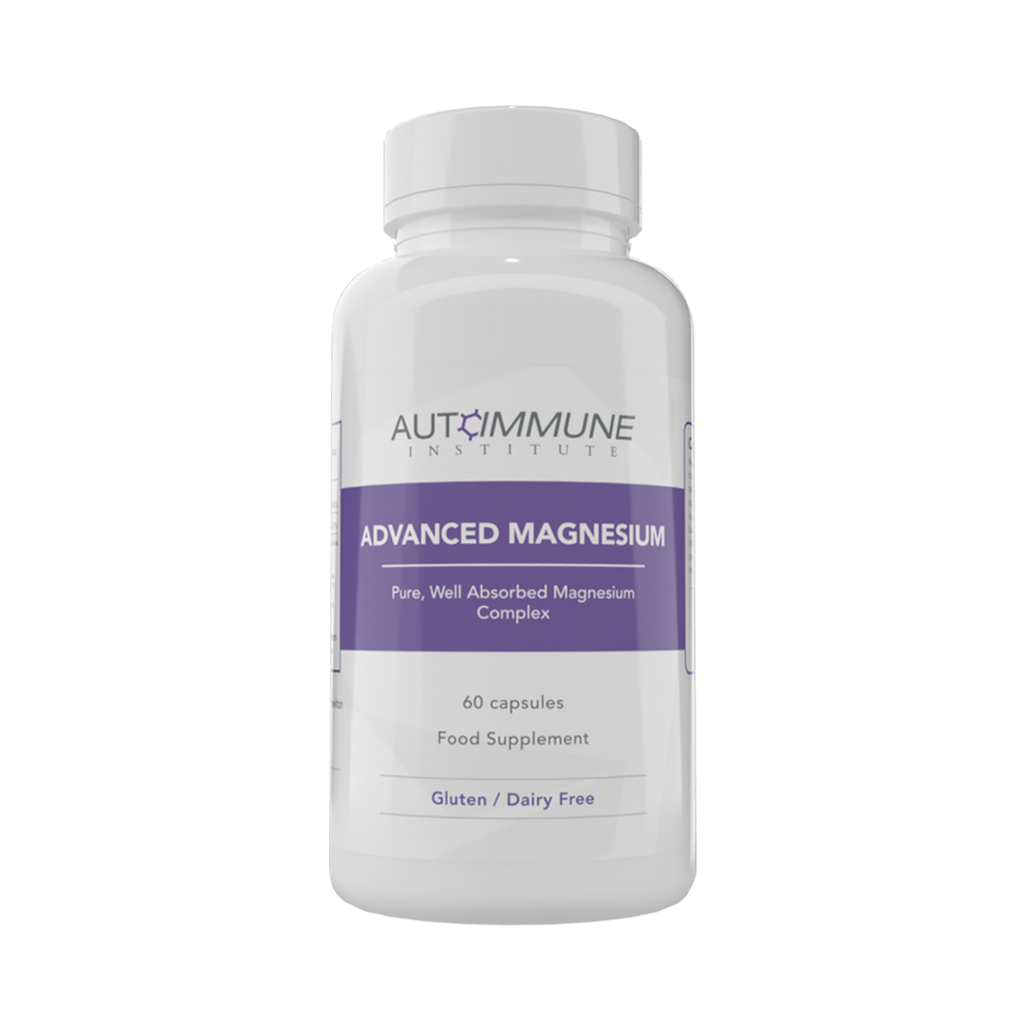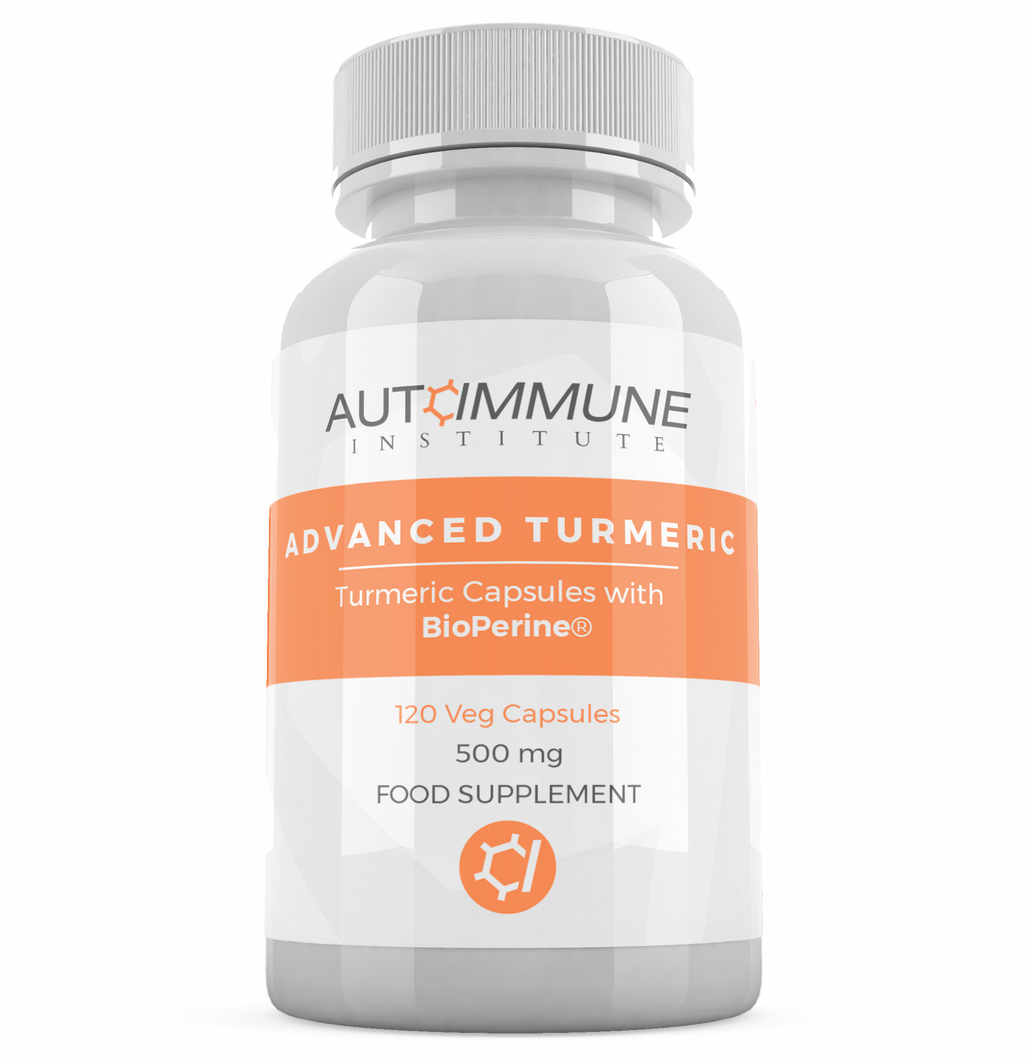- Health Solutions
- All Products
- Ultra Maca *NEW*
- Advanced Collagen V2
- Advanced D3 + K2
- Advanced Deep Sleep
- Advanced Digestives
- Advanced Fish Oil (Capsules)
- Advanced Glucosamine / Chondroitin Complex
- Advanced Lotus Spike Acupressure Mat
- Advanced Magnesium
- Advanced Multi
- Advanced Turmeric
- Advanced Vitality
- Prime FemFlow
- Pure BeeComplex
- Pure Bowel Relief
- Pure Flora V2
- Pure MetaBoost
- Pure Rest + Reset
- Ultra ProSupport
- Gift Cards
- Support
- Sign in
6 Non-Food Reasons You're Vitamin Deficient
Nutrient deficiencies are easier to come by than you might think.
Perhaps you feel you eat a reasonably good, balanced diet, with plenty of fruits and vegetables, so couldn’t possibly have nutrient deficiencies.
And yet, its HIGHLY possible your body still isn’t getting the nutrients it needs...
In fact, a recent report showed that deficiencies in magnesium iron, vitamin D and B vitamins, amongst many others, are extremely common.
So why is this?
Many of us grew up believing that a balanced meal plan was all that we needed in order to pack our bodies with vitamins.
However, the needs of our bodies are more complex than that.
And, in many cases, nutrient deficiencies can be caused not just by a lack of certain foods in the diet, but via other, non-dietary, means…
#1. Age
As we age, our bodies don’t necessarily need vastly different vitamins and minerals than younger people, per se.
However, older people do generally have a lower energy requirement...
A decrease in activity and a lowered metabolism are common as we age. And with those changes comes a decrease in calorie needs (and less food can mean less nutrients).
This is a problem because optimal nutrition can keep our cardiovascular system, our bones and our brains in top form - helping us live longer, but also healthier.
Other changes as we age also make it more complicated to absorb certain vitamins. Vitamin B12 absorption, for instance, decreases with age.
#2. Lack of Sunlight
Vitamin D is critical for overall health.
It’s not very easy to get this from diet alone and our main source is from the sun.
If you're not outside between the hours of 11am and 3pm most days - letting that direct sunlight hit your bare skin for at least 20 minutes - then it’s quite possible you will be deficient.
To make things more complicated, if you are older or have melanin-rich skin, your body already produces a lower amount of Vitamin D.
These challenges have led Public Health England to recommend that most UK residents use a Vitamin D supplement, especially outside of the summer months.
It’s one reason we included vitamin D in our multivitamin - https://autoimmuneinstitute.com/pages/advanced-multi
#3. Chronic Health Conditions
Similarly to age, those living with a chronic health condition may find nutrient deficiencies occur as a result of taking on less calories (due to lack of appetite), less activity, as well as inflammation through the body affecting nutrient absorption from the foods you do it.
As just one example, people with IBD or other digestive issues are known to commonly have B12 deficiencies, either because of inflammation in the intestine (where B12 is absorbed), or due to problems with stomach acid.
What’s more, any chronic health condition which results in irregular bowel movements can lead to greater nutrient deficiencies, as can any condition which might limit the amount of fruit and veg that you are able to tolerate.
#4. Stress
These days we are more stressed than ever. There always seems to be so much to do, with so little time.
Our way of life has changed a huge amount in recent decades and we now live in a constant state of fight or flight (which has a huge effect on the body).
This constant stress affects our hormones, the work of our adrenals, and depletes important nutrients – including B vitamins, magnesium, Vitamin C, Vitamin E, omega 3 fatty acids, and protein.
#5. Toxins
We are exposed to toxins all day every day, from the air we breathe, the products we put on our skin, the electronic devices we use, and much more.
These will affect our hormones and put increased strain on the liver – which then depletes us of the nutrients such as antioxidants, Vitamin C, Vitamin E, B vitamins, and more.
#6. Prescription Meds
We obviously aren’t saying to stop taking medication, but it's worth at least being aware that the majority of the most commonly prescribed medications are known to contribute towards at least one nutrient deficiencies.
For example, proton-pump inhibitors (PPIs), which are used to try and help with heartburn / acid reflux, can mean you absorb far less vitamin B12 from the food that you eat (leading to many symptoms, including fatigue).
Similarly, Statins inhibit the production of coenzyme Q10 (CoQ10) – an extremely vital nutrient for overall health.
Awareness of all of the above can help, as well as leading as healthy a life as possible, eating a good quality, whole food, varied nutritious diet.
But supplements can also help to fill the gap and protect against potential nutrient deficiencies - which can be extremely harmful to health and a major cause of symptoms.
That’s one reason we offer the products we do - in particular our Multivitamin which contains a huge range of nutrients, in their most absorbable form, including many of those mentioned above such as B vitamins, Vitamin D, Vitamin E, and COQ10.
To find out more visit https://autoimmuneinstitute.com/pages/advanced-multi
Follow
* Results Not Typical. All discussion about results on this website are based on individual findings where each circumstance is completely unique and may not be similar or the same as you. These products are not intended to diagnose, treat, cure or prevent any disease. The information on this Web site or in emails is designed for educational purposes only. It is not intended to be a substitute for informed medical advice or care. You should not use this information to diagnose or treat any health problems or illnesses without consulting your doctor.- Products
- Search
- Contact
- Privacy Policy
- Website Terms
- Wholesale
- Ambassador Programme
- Login
- Shipping & Return Policy
© 2025 Autoimmune Institute.
71-75 Shelton Street Covent Garden, London WC2H 9JQ United Kingdom. Wellness Autoimmune Ltd. All rights reserved.





